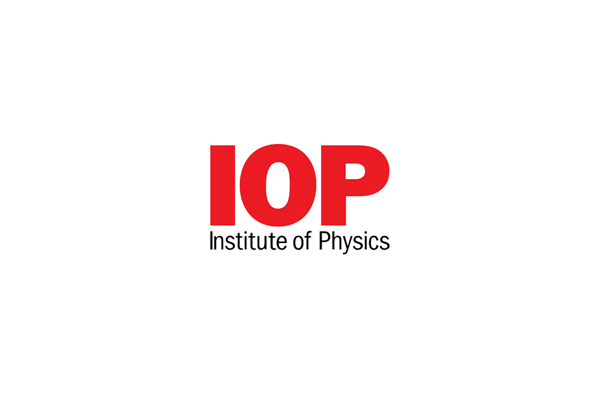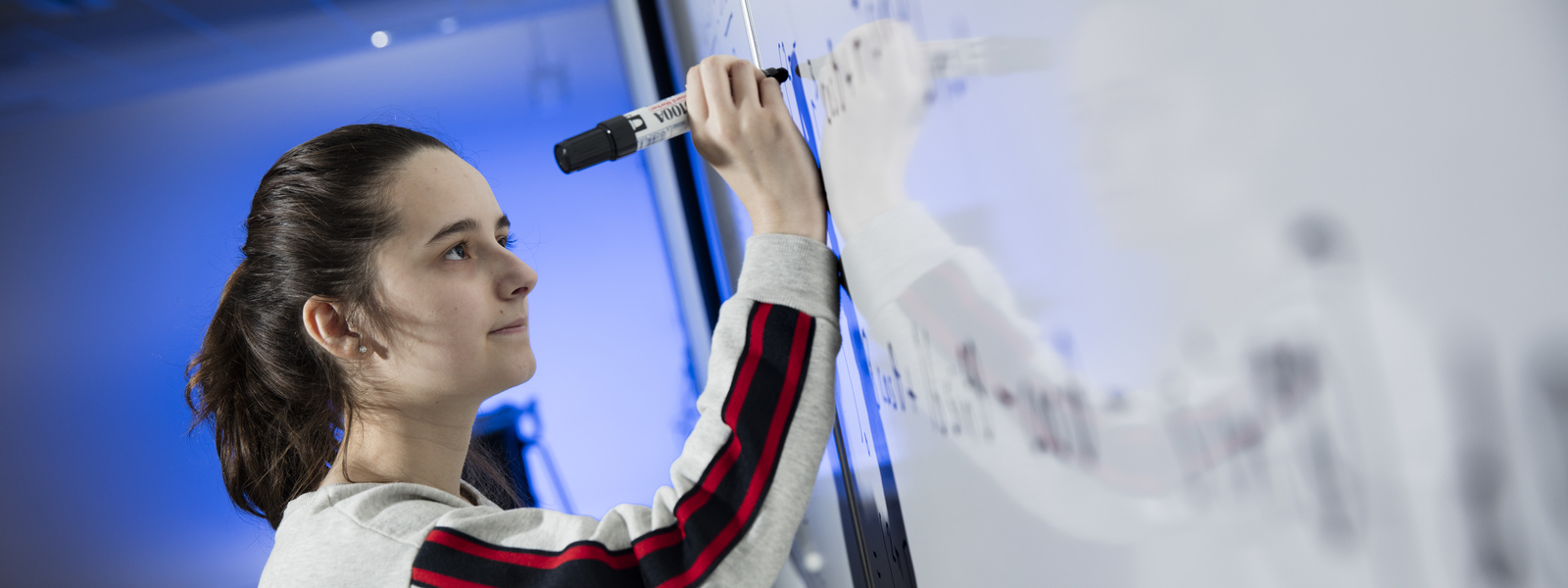Module Overview
Calculus techniques already provide solutions of simple first-order differential equations. Solution of second-order differential equations can sometimes be achieved by certain manipulations. Students may learn about existence and geometric interpretations of solutions, even when calculus techniques do not yield solutions in a simple form. This is a part of the existence theory of ordinary differential equations and leads to fundamental techniques of the asymptotic and qualitative study of their solutions, including the important question of stability. Fourier series and Fourier transform are introduced.
This module provides an introduction to the classical second-order linear partial differential equations and techniques for their solution. The basic concepts and methods are introduced for typical partial differential equations representing the three classes: parabolic, elliptic, and hyperbolic.
Module Overview
This modules covers the first established classical theory of fields, namely the theory of electromagnetic fields. After introducing the necessary mathematical tools such as curl, divergence, and gradient, the module discusses the macroscopic and microscopic Maxwell’s equations of electromagnetism as well as their solutions for some model problems in vacuum and in some materials. Topics covered include Gauss’s law, Maxwell’s law of induction, Faraday’s law, time-dependent electromagnetic fields, electromagnetic waves, and dielectric and magnetic materials.
Module Overview
The aim of this module is to give students a thorough understanding of two intimately related philosophical traditions that came to prominence in the 19th and 20th centuries: existentialism and phenomenology. Each attempts to address the nature and meaning of human existence from the perspective of individual, first-person experience, focusing in particular on fundamental questions of being, meaning, death, nihilism, freedom, responsibility, value, human relations, and religious faith.
The module will examine selected existential themes through the writings of thinkers such as Kierkegaard, Nietzsche, Heidegger, Sartre, De Beauvoir, and Camus. Since existentialism is as much a artistic phenomenon as a philosophical one, students will also be given the opportunity to explore existentialist ideas in the works of various literary figures, such as Shakespeare, Dostoyevsky, Kafka, and Milan Kundera.
Module Overview
This module aims to provide students with the experience of working as part of a team on a project.
Students will have the opportunity to produce a set of deliverables relevant to their programme of study. Final deliverables will be negotiated between the group and their supervisor, the module coordinator will be responsible for ensuring that each project covers the learning outcomes of the module. Groups are expected to manage their own processes, and to hold regular meetings both with and without their supervisor. Groups will be allocated by the module coordinator and other members of staff. The process of development of the topic under study and the interaction and management of group members underpins the assessment of skills in the module.
Module Overview
This module describes how modern physics is used in everyday industrial practice. Examples used in this module will be aligned with the interests of the university's industrial partners and collaborators. The module also introduces how theoretical apparatus developed initially in physics finds its application in the field of economy.
Module Overview
This module is concerned with a modern formulation of mechanics called Lagranian mechanics whereby the actually observed motion of an object is viewed as one among many potentially conceivable motions. The selection process of the actual motion satisfies the so-called Principle of Minimum Action. The corresponding formalism allows to tackle very intricate mechanical problems and has many technical advantages with regards to changes of variables. A ‘dual’ theory called Hamiltonian mechanics can also be formalized with its own advantages to address problems in mechanics. These two theories constitute the foundation on which quantum mechanics, statistical and quantum field theories are based. The module delivery includes the Minimum Action Principle, Euler-Lagrange equations, Noether’s theorem, Hamilton’s equations, and Poisson brackets
Module Overview
This module explores a range of philosophical questions relating to the nature of science. How are scientific theories developed? Are scientific theories discovered through a ‘flash of genius’ or is something more methodical involved? How much of scientific discovery is down to careful observation? Do scientific theories tell us how the world really is? Do the entities scientific theories postulate – atoms, electromagnetic waves, and so on – really exist? Or are scientific theories merely useful models of reality? Is science independent of its social context? To what extent is scientific inquiry affected by gender, race or politics? Is there such a thing as truth that is not relative to a particular culture, social class or historical era? Drawing on accessible examples from a variety of scientific fields and by answering these and related questions, we shall try to reach an understanding of how science works.
Module Overview
This module introduces two pillars of modern physics: statistical mechanics and quantum physics. Both theories involve the combination of probability theory and physical concepts. The module will aim to equip students with the tools of probability theory necessary to engage with these two theories. It will then delve into a presentation of classical equilibrium statistical mechanics and the basic principles of quantum physics.







